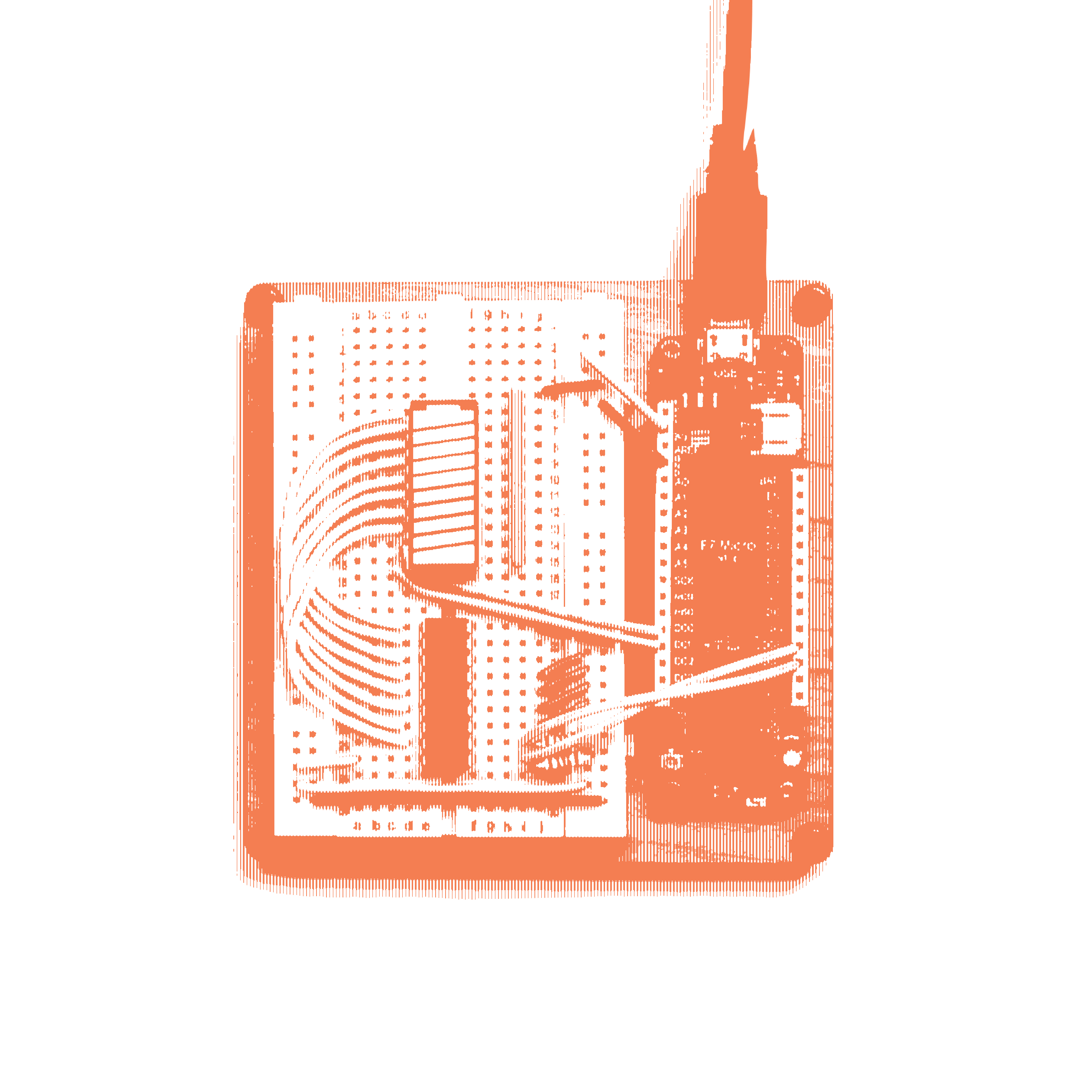
GWEN IFILL: Twenty years after its genocide, which saw the deaths of hundreds of thousands of people, Rwanda has by many accounts seen a remarkable recovery
.
Tonight, we take a look at the new generation leading the charge, using new technology to help the East African nation move beyond its scars.
The NewsHour's P.J. Tobia has our story, produced in collaboration with the Pulitzer Center on Crisis Reporting.
P.J. TOBIA: Bringing milk to market in Rwanda, harder than it sounds. Farmers milk their cows and hand it off to middlemen. Next stop, the local collection center, usually on the back of a bicycle. From there, it's off to factories, processors and other wholesale buyers. At least, that's how it is supposed to work.
TWINE DACIEN: Sometimes they deliver the milk to the transporter. Then the transporter may not take all the milk he collected from the farmer to the milk collection center.
P.J. TOBIA: Twine Dacien runs the IAKIB Milk Cooperative in Northwest Rwanda near the border with Uganda. Sometimes, middlemen fudge the numbers, while other times a portion of the milk may get lost in transit.
TWINE DACIEN: We have the ask the person, "Who took the milk from him? Where is the milk? Where did he put it?"
P.J. TOBIA: Back in the capital, Kigali, Walter Rwamucyo, sits in kLab, one of Rwanda's first technology hubs, with a solution. Armed with an I.T. degree from one of Rwanda's top universities, the 26-year-old runs GUMAHO, a software development company.
WALTER RWAMUCYO: My grandfather was a farmer, from a farmer family.
P.J. TOBIA: Last year, the government asked for innovative tech solutions to agriculture dilemmas. Rwamucyo heard the call. To help make milk collection more efficient, he created a text message-based system that allows farmers to keep better tabs on their products. When their milk arrives safely at the collection center, the farmer gets a text.
Farmers can also use the platform to order feed, request a vet, or check disease alerts, all from their phone.
WALTER RWAMUCYO: Our system is actually helping the whole supply chain in terms of information. They can get the information in real time and when needed.
P.J. TOBIA: Rwamucyo works with about 2,000 farmers. He dreams of reaching millions more across Africa and turning a profit along the way. He charges for each text message sent and every gallon of milk registered.
WALTER RWAMUCYO: We are looking at expanding. And we hope, within two months, we will break even and start making enough money for supporting our overhead things, the costs.
P.J. TOBIA: Sara Leedom directs the Inkomoko business incubator in Kigali. She works with dozens of young Rwandan entrepreneurs, from pig farmers to developers like Rwamucyo.
SARA LEEDOM: No place that I have been so strongly equates entrepreneurship with patriotism and nation-building. The first thing out of almost any young entrepreneur's mouth is, "I want to contribute to the growth of Rwanda."
P.J. TOBIA: The 1994 genocide devastated Rwanda. For 100 days, ethnic Hutu militias brutally targeted the Tutsi minority. An estimated one million people died in total.
WALTER RWAMUCYO: The 1994 genocide still rings around in the minds of people. But Rwandans have actually changed a lot.
P.J. TOBIA: Today, downtown Kigali is home to high-rise buildings and high-speed mobile Internet, but young people are entering the work force much faster than Rwanda's economy can absorb them.
JEAN PHILBERT NSENGIMANA: Today, government can only employ 4 percent.
P.J. TOBIA: Jean Philbert Nsengimana is the minister of youth, information communication technology. The rise in entrepreneurship was planned. By 2009, entrepreneurship classes were mandatory in secondary school. The government also runs workshops, radio programs and contests aimed at promoting entrepreneurialism.
JEAN PHILBERT NSENGIMANA: Entrepreneurship, a mind-set, and an entrepreneurial environment or ecosystem is not present everywhere by anyone — that we have decided to make it available to our people.
WALTER RWAMUCYO: An entrepreneur actually is someone who got an idea and got a passion. Actually, you find a way to turn that idea into a business.
P.J. TOBIA: But at this point, it's unclear how many people are actually benefiting. The average Rwandan home still lives on less than $2 a day and only about 20 percent of homes have electricity.
In short, the entrepreneurship pipeline in Rwanda is full of kinks. Back at kLab, Walter plugs away. The IAKIB Cooperative recently agreed to adopt his system, and he's got a group of new farmers to train.
Penina Nyirarukundo owns three cows and is excited about the milk tracking system. Reliable data might even help her get a bank loan.
PENINA NYIRARUKUNDO: We're going to know how the cows are doing, the quality of the milk and do some sort of account with how much money we're making.
P.J. TOBIA: It's the type of impact Rwamucyo hoped for.
WALTER RWAMUCYO: Actually, when a farmer tells me, thank you, I feel competent, more motivated, and that's the best reward you can expect when you're an entrepreneur.
P.J. TOBIA: Well, that and a healthy return on investment. For the PBS NewsHour, I'm P.J. Tobia.






